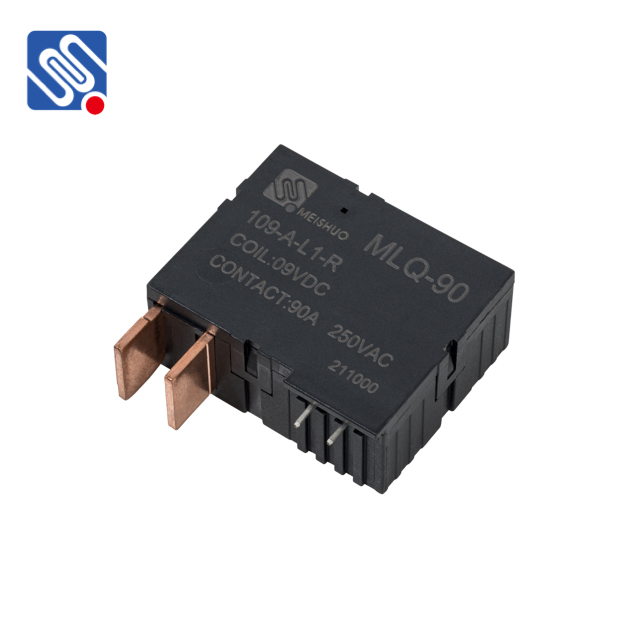understanding relay reliability: a focus on meishuo
Release time:2025-08-06 09:10:34
Relay systems are essential components in modern communication, electrical, and transportation networks. They function as automatic switches, triggering a response based on specific conditions or signals. One of the critical aspects of a relay system is its reliability, which ensures uninterrupted service, optimal performance, and safety. Among the companies pioneering in relay technology, Meishuo stands out for its dedication to enhancing the reliability and efficiency of its relay solutions.

What is Relay Reliability? Relay reliability refers to the ability of a relay to perform its intended function consistently and without failure over a specified period under varying conditions. In practical terms, this involves the relay switching correctly in response to the input signal, maintaining its integrity during operation, and surviving without failure in extreme environments. The reliability of relays is vital for sectors that rely heavily on automated systems, such as telecommunications, industrial control, automotive, and renewable energy. In a typical system, relays serve as vital components that control larger currents or voltages using a much smaller input signal. This makes them indispensable in applications where safety, speed, and precision are paramount. For instance, in telecommunications, relays ensure that signals are routed efficiently, whereas in industrial applications, relays safeguard machinery from potential damage caused by overloads or faults.

